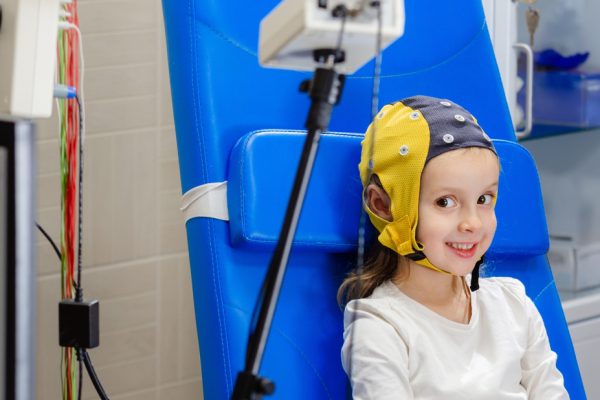
A guide to pressure ulcer prevention
Xavier’s nursing team provide a range of health services to support children and young people living with disabilities. Often children and young people with complex disability can experience issues with skin integrity which can cause the rapid development of pressure sores, injuries, or ulcers. This can be due to them being unable to correctly re-position themselves, reduced physical sensation and feeling, or increased risks of exposure to friction or moist skin. Our nurses practice the best, most up-to-date techniques to treat and assess such wounds, and we’d like to share our knowledge to help you understand, prevent, and manage pressure area sores for your child.
What causes pressure injuries?
The risk of pressure injuries can be increased by friction on the skin, below average nutrition, poor circulation, or conditions which cause increased skin moisture, such as incontinence. For children and young people who live with disability, additional causes can come from the difficulties they may have communicating that they are physically uncomfortable, or from pressure applying equipment such as oxygen masks, casts, orthotics and prosthetics, naso-gastric or PEG tubes, nasal oxygen prongs, or even nappies.
Some of the bodily areas a child is most likely to experience pressure injuries are bony prominences such as:
- Bottom, including the base of their spine
- Heels, feet, ankles, and knees
- Shoulder blades
- Forehead
- Ears and the back of their head
Preventing pressure injuries
As with all injuries, prevention is better than treatment. Outlined below are the tips recommended by Xavier’s nurses to proactively reduce the risk of your child getting pressure injuries:
- Reposition your child every two hours if they are bedbound or every one hour if they are chairbound
- Avoid leaving hoist slings under your child between transfers
- Use pressure reducing mattresses, gel pads, and cushions
- Use absorbent continence aides
- Moisturise regularly and use barrier creams to protect their skin integrity
- Keep your child, and their sheets and clothes clean and dry
- Regularly check at risk areas such as the body parts listed above
- Look for early warning signs including unresolved reddened areas, swelling, blisters or breaks to skin
- Do not tuck your child into bed too tightly as this can increase pressure and reduce circulation
- Follow all advice and use any tools provided by your child’s health team and quickly report any potential pressure injuries
- Keep your child well-hydrated
- Ensure your child maintains a healthy diet rich in protein, vitamin C and Zinc as these help renew skin cells
- Ensure any equipment and splints do not rub against your child’s skin
Treating pressure wounds
Sometimes, even with the best prevention steps in place, pressure sores can occur. If left untreated, they can lead to other serious complications such as deep ulcers and infection sepsis so it is best they be assessed and treated by trained health professionals such as the Xavier nursing team. Even redness, in one of the areas of the body listed above, can be a warning sign and sometimes can have dying tissue beneath.
Xavier’s nurses also recommend the following:
- Performing wound assessments, skin integrity assessments, and creating wound care plans
- Managing skin reactions to stoma appliances
- Ensuring wounds are dressed following a surgery or injury
- Ensuring that your child’s support workers and carers are trained in simple wound care, identification, and prevention
- Making sure pressure wounds are treated with your child in a laying or sitting position, or using mobility equipment if necessary
- Cleaning pressure sores with appropriate solutions
- Dressing the area based on health advice
- Using antiseptic or antibiotics if an infection is present
- Seeking surgery to remove any damaged skin for the very worst pressure sores
Find out more
Xavier’s health team is here to support you and your child. For more information regarding pressure sores and care, or for any other health related questions you may have, simply call 1800 XAVIER or email [email protected].
Xavier supports children and young people with complex disability and related health needs to live the best lives possible with their families. Supporting children and young people throughout the greater Brisbane area with their dedicated team of allied health professionals, short-stay respite at Xavier Place and community services. | www.xavier.org.au






